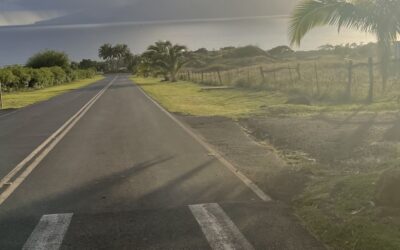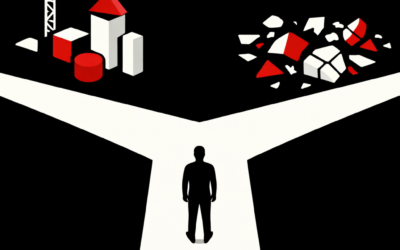Imagine having one life and living it unconsciously, never realizing how much power we give away to others in order to feel “enough” or to quell our fear of abandonment. I was born into Buddhism, and I am profoundly grateful for this spiritual heritage. Practicing Buddhism daily has led me to a deeper understanding of what the Buddha meant when he said that life is suffering.
The Buddha explained that life is suffering because of our attachments. We are attached to our emotions, our narratives, and the outcomes we desire. This attachment creates a continuous cycle of longing and dissatisfaction. In my journey, I have come to understand that the key to true peace lies in living in the present moment and letting go of what has been and what may be.
I believe that much of our suffering stems from unconscious living. When we live unconsciously, we fail to see what is right in front of us. We lose our presence in the moment, allowing our minds to be preoccupied with the past and the future. We worry about what we did yesterday and plan endlessly for what we should do tomorrow, believing that today is merely preparation for an uncertain future. But in truth, tomorrow is never guaranteed.
This realization has inspired me to reflect on the importance of self-awareness. I think that in order for us to create a better world, we must first look within. The sooner we become self-aware, the more our speech and actions will reflect positivity and power. Self-awareness allows us to control our actions and to respond thoughtfully to situations beyond our control.
This is not about lecturing or offering solutions. It’s about sharing a thought—a spark of inspiration. We need to shift our focus from expecting the world outside to improve so that our lives can be better, to improving our own awareness and actions to influence the world positively.
When we are self-aware, we understand the impact of our words and actions. We recognize that we have the power to respond rather than react. This subtle shift in mindset can lead to profound changes. It can transform our interactions and our experiences, creating ripples of positivity that extend far beyond ourselves.
Think about it. How often do we blame external circumstances for our unhappiness? How frequently do we wait for others to change, believing that their transformation will somehow improve our lives? This outward focus is a trap. It distracts us from the real work that needs to be done within.
Self-awareness is not about navel-gazing or self-absorption. It’s about cultivating a deep understanding of our motivations, our triggers, and our habitual responses. It’s about being present, fully inhabiting the moment, and recognizing the power we have to shape our own experiences.
Living in the present and letting go of attachments is a significant challenge. Our minds are naturally inclined to dwell on the past or worry about the future. This is why practices like mindfulness and meditation are crucial—they help bring our minds back to the present, to where we are right now. This practice is not easy, but it is essential. Being human involves suffering, but it also involves the power within us to transcend that suffering through awareness.
Imagine a world where more people are self-aware. A world where individuals take responsibility for their actions and their impact on others. Such a world would be inherently more compassionate, more understanding, and more peaceful.
As I continue my efforts in attempting to practice Buddhism, I strive to live more consciously each day. It’s a journey, not a destination. It requires effort and mindfulness, but the rewards are immeasurable. By becoming more self-aware, I hope to contribute to a better world—a world where our collective actions are guided by introspection and understanding.
In the end, it’s just a thought. I am learning and un-learning as often as I can remain self-aware. The journey of a thousand miles begins with a single step, and that step starts with you.




0 Comments